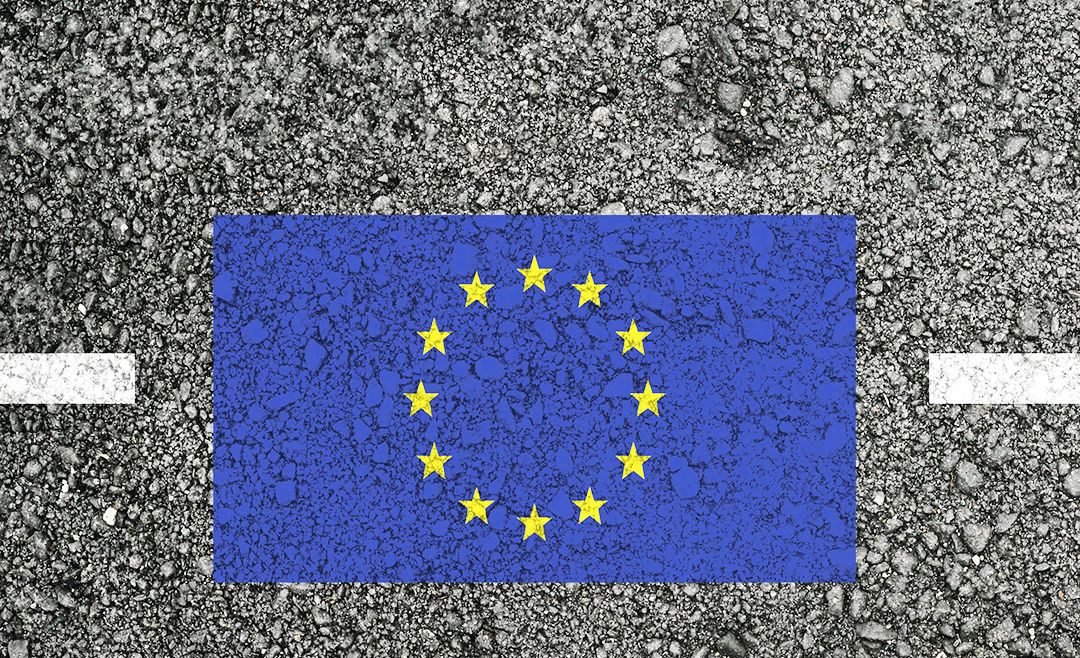The European Commission has put forward a proposal to make travel to the EU harder for Russian citizens by tearing up the Visa Facilitation Agreement it has with Russia, which it accuses of “demonstrating a complete disregard to the international rules-based order”.
In a press release issued on Tuesday, the Commission argued that Russia’s conduct of “its destructive foreign policy and military aggression towards Ukraine”… “is incompatible with a trustful relationship and runs counter to the spirit of partnership on which Visa Facilitation Agreements are based”.
It further pointed out that the EU needs to do what it can to protect its essential security interests.
The Visa Facilitation Agreement reduces the difficulty of applying for a short-stay Schengen visa. With its suspension, Russian citizens will no longer enjoy privileged access to the EU and face a lengthier, more expensive and more difficult visa application process, according to the Commission
In practice, Russian applicants will face:
- A higher visa fee: The visa fee will increase from €35 to €80 for all applicants.
- Increased processing time: The standard deadline for consulates to take a decision on visa applications will increase from 10 to 15 days. This period may be extended up to a maximum of 45 days in individual cases, when further scrutiny of the application is needed.
- More restrictive rules on multiple-entry visas: Applicants will no longer have easy access to visas valid for multiple entries to the Schengen area.
- A longer list of supporting documents: Applicants will have to submit the full list of documentary evidence when applying for a visa. They will no longer benefit from the simplified list included in the Visa Facilitation Agreement.
“Russian citizens should not have easy access to the EU,” the Commission said. “To be a tourist in the EU is not a fundamental right. Visa facilitation is a token of trust, which Russia’s war of aggression has completely shattered. There can be no business as usual with Russia.”
However, the Commission also stresses that the EU “will remain open to family members of EU citizens, journalists, dissidents and civil society representatives”.
The proposal is now sent before the Council for its final approval and adoption.
In a separate move, the Commission also proposed to no longer recognise Russian passport issued in occupied areas of Ukraine. This requires both Council and Parliamentary approval before coming into force.
Clyde Caruana dismisses Iran war energy price concerns: ‘Malta has plenty of space to manoeuvre’
The escalating conflict between Israel and Iran has sent shockwaves through global energy markets
Poundland bought for £1 in rescue deal as thousands of UK jobs on the line
Poundland has more than 800 stores around the UK and employs some 16,000 people
Corinthia expands Beverly Hills footprint with third property acquisition and new US partnership
The partnership secured rights to acquire a third prime property; an office block adjacent to the Maison and Mosaic Hotels





